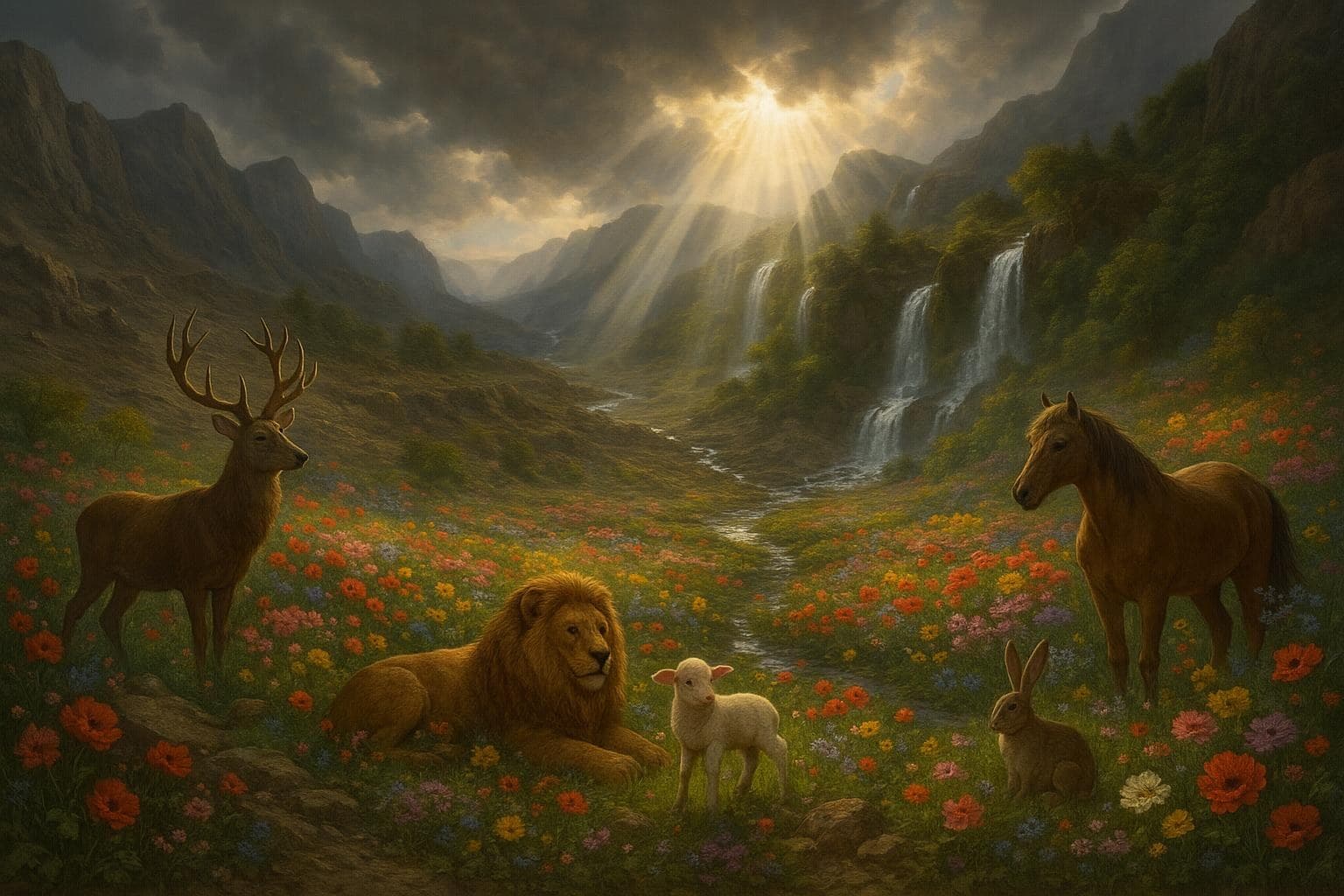The Transformative Power of Beauty in Human Life

Beauty will save the world. — Fyodor Dostoevsky
Dostoevsky’s Vision of Redemptive Beauty
Fyodor Dostoevsky’s declaration, 'Beauty will save the world,' encapsulates his belief in the moral and spiritual potency of beauty. Within novels like The Idiot (1869), the phrase surfaces as both a philosophical assertion and a challenge: can the world’s redemption arise from anything so elusive as beauty? Dostoevsky’s characters, often tested by suffering and moral ambiguity, glimpse hope and healing in moments of genuine beauty—be it through nature, art, or acts of selfless love.
Philosophical Interpretations Across Centuries
Building on Dostoevsky’s insight, philosophers have long wrestled with the role of beauty in shaping moral consciousness. Plato, for example, argued in his Symposium (c. 385–370 BC) that the contemplation of true beauty elevates the soul toward virtue. Similarly, Schiller’s Letters on the Aesthetic Education of Man (1795) contends that beauty bridges sense and reason, nurturing empathy and ethical growth. In this lineage, Dostoevsky’s notion blends aesthetics with ethics, suggesting that beauty has the power to awaken goodness within individuals.
Art as a Catalyst for Social Change
History demonstrates that art and beauty can spur transformative movements. From the music of Beethoven inspiring unity during times of political upheaval to Picasso’s Guernica (1937) invoking outrage against war’s horrors, beauty becomes a rallying force for collective action. Dostoevsky believed that, by exposing cruelty and injustice through compelling imagery and narrative, art has the ability to awaken compassion and a desire for justice on a societal scale.
Personal Encounters with Beauty and Meaning
Transitioning from the societal to the personal, encounters with beauty—whether in literature, nature, or human relationships—frequently offer individuals solace and insight. Viktor Frankl’s Man’s Search for Meaning (1946) speaks of how glimpses of natural beauty sustained prisoners in concentration camps, offering moments of transcendence amid suffering. Following Dostoevsky’s thinking, these experiences are not mere luxuries but essential sustenance for the human spirit.
Challenges and Responsibilities in Pursuing Beauty
Yet Dostoevsky’s aphorism also carries a challenge: the search for beauty should not be shallow or escapist. In a world beset by violence and alienation, discerning true beauty—especially in acts of kindness and moments of grace—demands both courage and discernment. Drawing these threads together, the call to let beauty 'save the world' asks each of us to foster attentiveness and to use beauty’s transformative potential in service of healing, justice, and hope.